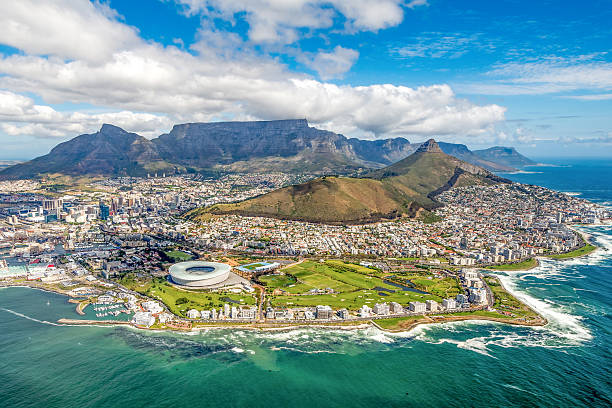Viagem
Different Shades of Blue: Exploring the 9 Types of Police Officers
Anúncios
1. Policeman in uniform:
Uniformed police officers are a familiar sight in most communities. These officers typically respond to calls for assistance, document incidents, direct traffic, and investigate crimes such as theft or vandalism. They may patrol on foot, in vehicles, on motorcycles, or on horseback, interacting with community members to build trust and improve police-public relations. Uniformed officers also enforce traffic laws, issue citations, and work to ensure the safety of the public.
2. Police chief:
Police chiefs are the highest-ranking law enforcement officials within a police department. They are responsible for overseeing all department employees and managing day-to-day operations. While smaller town police chiefs may be more involved in hands-on law enforcement activities, chiefs in larger agencies focus on administrative tasks such as budgeting, policy development, and training programs. Police chiefs often serve as the public face of the department, representing law enforcement at community events and working closely with local government officials.
3. State trooper:
State police officers, also known as state troopers or highway patrol officers, enforce state laws and regulations. They are typically responsible for patrolling state highways, responding to traffic accidents, and issuing citations for traffic violations. State troopers may also provide emergency assistance and support local police departments in rural areas where resources are limited.
4. Public relations officer:
Public information officers within a police department are responsible for communicating with the media and the public. These officers prepare press releases, manage social media accounts, and respond to media inquiries to keep the community informed about law enforcement activities. Public relations officers work to improve transparency and accountability within the department and may also coordinate community outreach programs to educate the public about police functions.
5. Detective:
Detectives are sworn officers who specialize in investigating crimes and gathering evidence. They often work closely with victims, witnesses, and suspects to solve cases and bring offenders to justice. Detectives may conduct surveillance, interview witnesses, and analyze forensic evidence to build a case for prosecution. Many detectives specialize in specific types of crimes such as fraud or homicide, honing their investigative skills through training and experience.
6. Transit officer:
Transit officers are responsible for patrolling public transportation systems such as train stations, bus terminals, and subways. They work to prevent theft, vandalism, and other criminal activities on public transit and respond to incidents as needed. Transit officers may issue citations for fare evasion or disruptive behavior and work closely with transit agencies to ensure the safety and security of passengers.
7. Crime scene investigator:
Crime scene investigators, also known as forensic technicians, collect and analyze physical evidence at crime scenes to assist in criminal investigations. These officers may work with detectives to gather evidence for prosecution and provide expert testimony in court. Crime scene investigators often work in collaboration with other law enforcement agencies and forensic laboratories to solve complex cases and bring perpetrators to justice.
8. School resource officer:
School resource officers are police officers who are assigned to public schools to promote safety and security. These officers work to prevent school crimes, respond to incidents, and build positive relationships with students and staff. School resource officers may also collaborate with school administrators to develop and implement crime prevention programs and provide support to students in need. By serving as mentors and role models, these officers play a vital role in enhancing school safety and fostering a positive learning environment.
9. Victim advocate:
Victim advocates within law enforcement agencies provide support and assistance to crime victims during the aftermath of a criminal incident. These officers help victims navigate the criminal justice system, access resources such as legal and medical services, and ensure their rights are upheld. Victim advocates may assist victims in preparing for court proceedings, provide emotional support during the trial process, and keep them informed of case developments. By advocating for the needs of victims, these officers play a crucial role in helping individuals recover from the trauma of victimization and seek justice for their experiences.
In conclusion, police officers come in a variety of roles and specialties, each with its own important contributions to the community. From uniformed patrol officers to detectives, transit officers to victim advocates, each type of officer plays a vital role in ensuring public safety, upholding the law, and serving as a resource for those in need. By working together and supporting one another, these dedicated professionals help to create safer and more secure communities for all.
Sobre o autor / Anna Munhoz
Em Alta

Sky Airline: Guia para Promoções e Voos Baratos de Verdade
Viaje mais gastando menos com a Sky Airline. Confira nosso guia de dicas para encontrar promoções e voos baratos.
Continue lendoVocê também pode gostar

Viaje com a Decolar e usufrua dos bons preços desde R$ 129.90
Vamos decolar com a Decolar? Brincadeiras à parte, confira agora os melhores voos oferecidos por eles! Leia já.
Continue lendo
Gol Linhas Aéreas: Veja como encontrar promoções diárias e economizar!
Saiba como acessar as melhores promoções diárias da Gol Linhas Aéreas e garanta suas passagens com descontos. Confira nossas dicas de viagem!
Continue lendo

